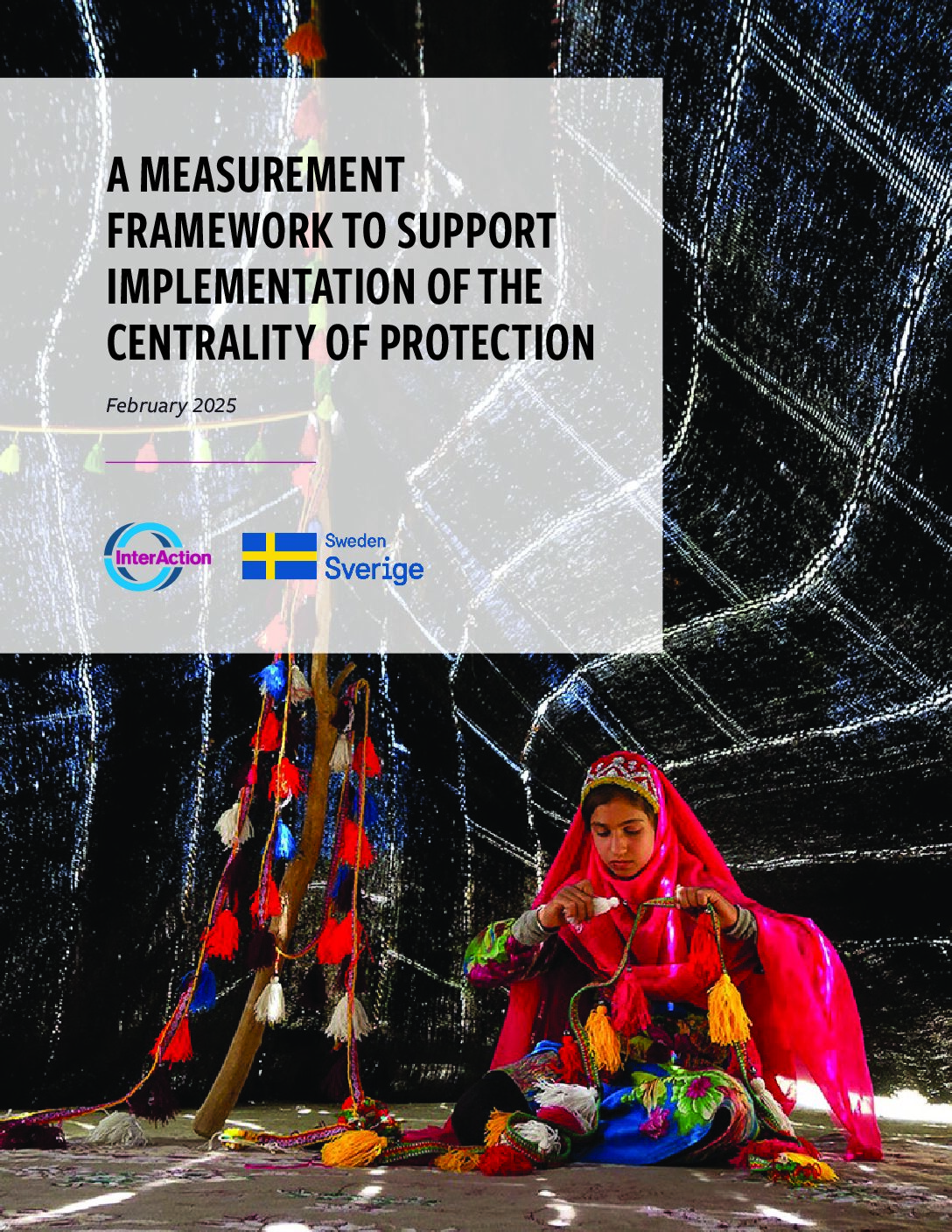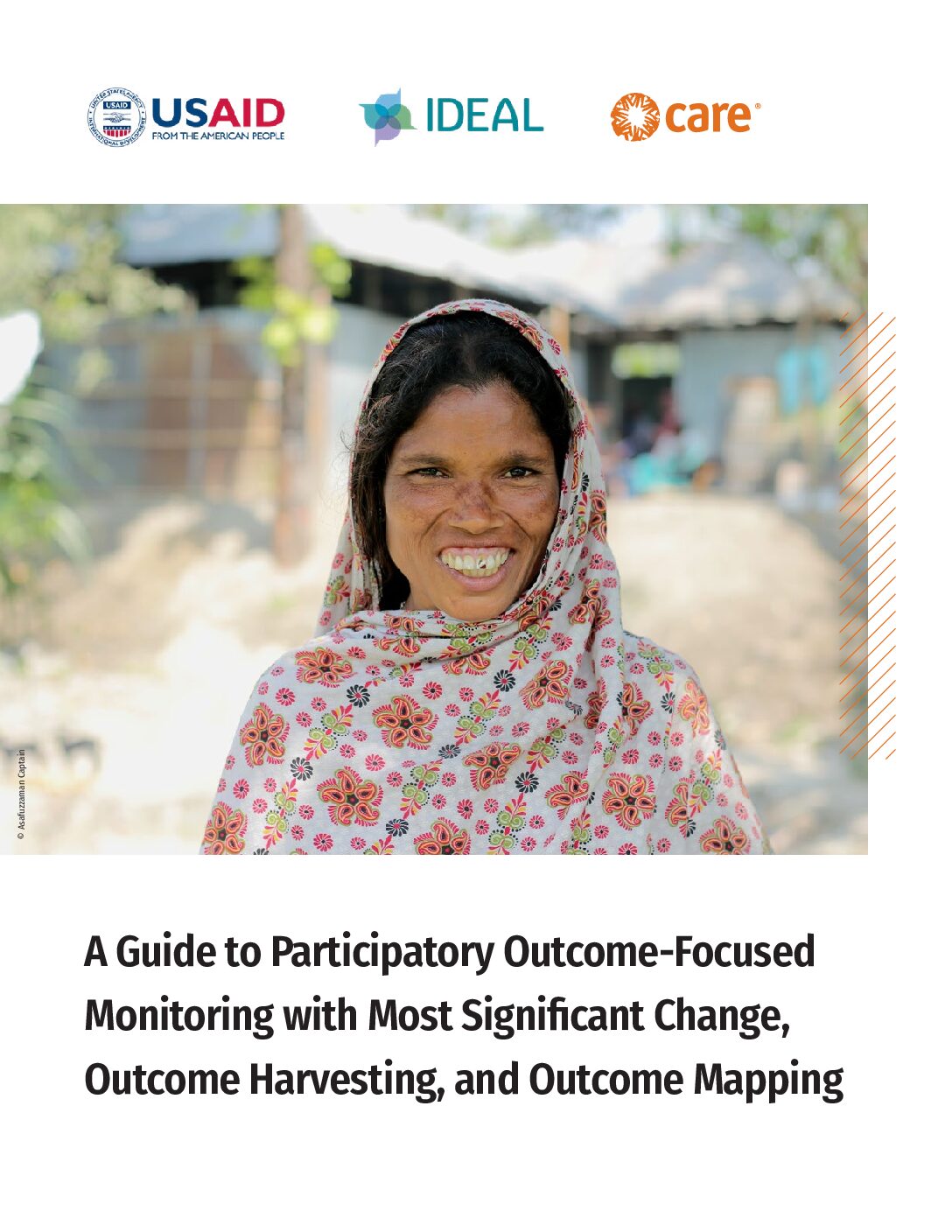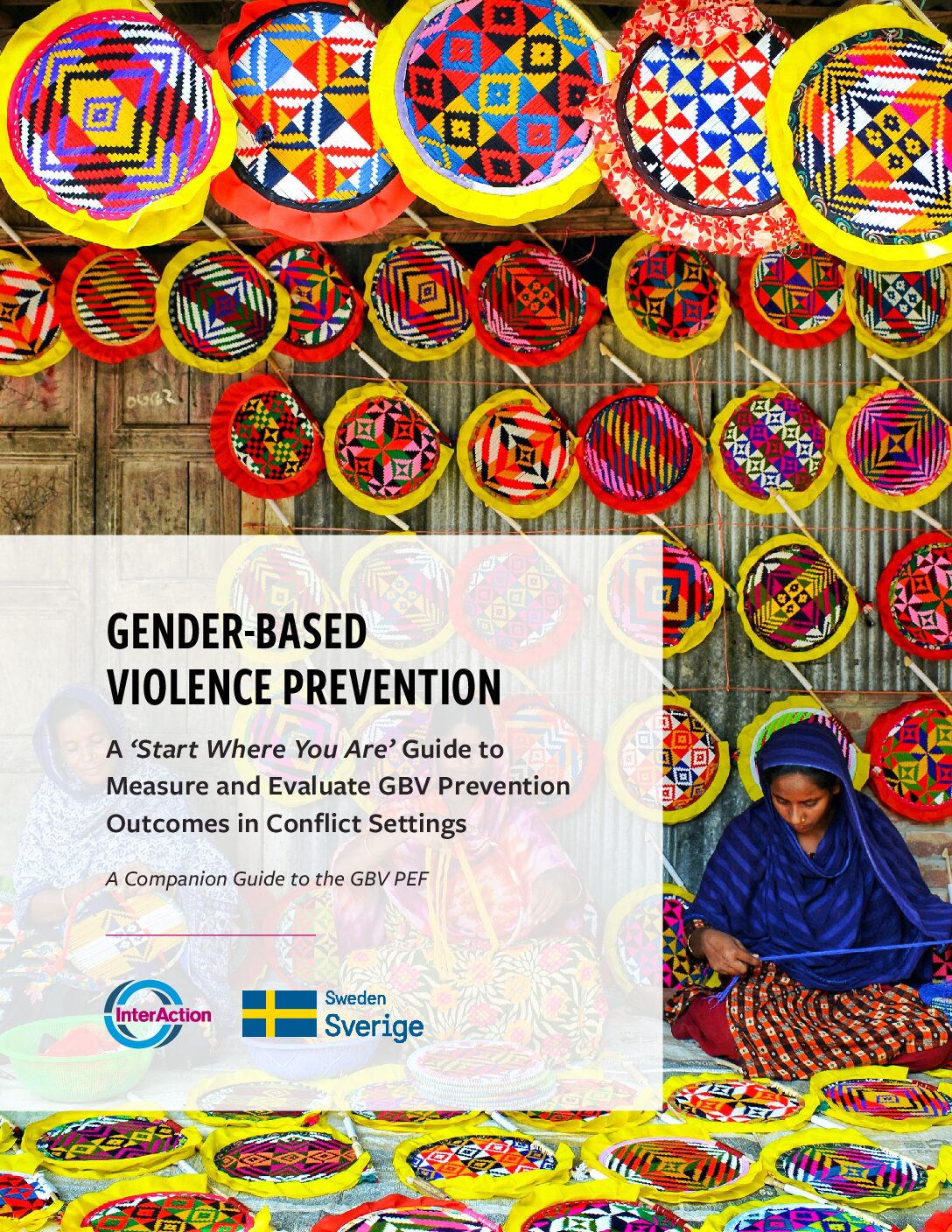This Framework is a practical resource that promotes accountability for serious violations of international law committed against children in armed conflict. It responds to the significant gap that exists in preventing and remedying these serious violations – and is designed to assist policymakers and practitioners working at all levels to bridge this gap.
…accountability efforts seldom result in tangible improvements to the security and well-being of children and their communities. Additionally, perpetrators are rarely held to account for their actions, emboldening them to continue committing serious violations against children with impunity.
The Children in Armed Conflict (CAC) Accountability Framework provides:
- a comprehensive definition and structure for understanding CAC accountability;
- practical guidance in the form of a step-by-step methodology for developing well-informed, context-specific, and feasible options for advancing CAC accountability.
The Framework supports a results-based approach by emphasizing the importance of developing innovative approaches to advance CAC accountability based on a comprehensive analysis of the context, existing and potential mechanisms, and opportunities for linkages between accountability mechanisms for child protection and beyond. In addition, Framework underscores the cooperation necessary among actors working at various levels and fields of work, for example to facilitate joint analysis or planning.
States, parties to conflict, regional and international organizations, and affected children and communities are some of the actors who have principal roles and responsibilities related to CAC accountability. These include protecting children from violations, remedying past violations, and preventing future violations.
Accountability mechanisms may be one aspect of a results-based child protection response and an opportunity to engage with actors beyond traditional humanitarian actors. The Framework highlights the roles of local communities and civil society in holding States accountable for their obligations and engaging other actors including traditional, religious, and other community leaders.


